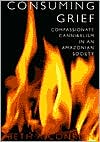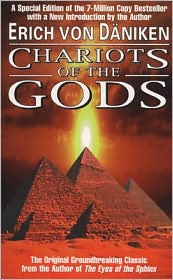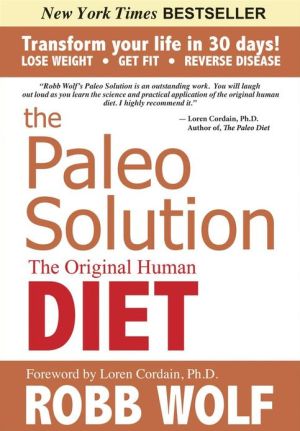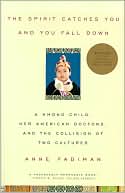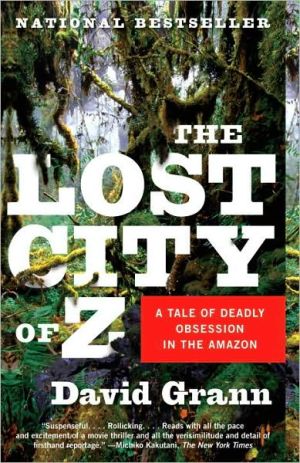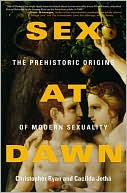Consuming Grief: Compassionate Cannibalism in an Amazonian Society
Mourning the death of loved ones and recovering from their loss are universal human experiences, yet the grieving process is as different between cultures as it is among individuals. As late as the 1960s, the Wari' Indians of the western Amazonian rainforest ate the roasted flesh of their dead as an expression of compassion for the deceased and for his or her close relatives. By removing and transforming the corpse, which embodied ties between the living and the dead and was a focus of grief...
Search in google:
Mourning the death of loved ones and recovering from their loss are universal human experiences, yet the grieving process is as different between cultures as it is among individuals. As late as the 1960s, the Wari' Indians of the western Amazonian rainforest ate the roasted flesh of their dead as an expression of compassion for the deceased and for his or her close relatives. By removing and transforming the corpse, which embodied ties between the living and the dead and was a focus of grief for the family of the deceased, Wari' death rites helped the bereaved kin accept their loss and go on with their lives. Drawing on the recollections of Wari' elders who participated in consuming the dead, this book presents one of the richest, most authoritative ethnographic accounts of funerary cannibalism ever recorded. Beth Conklin explores Wari' conceptions of person, body, and spirit, as well as indigenous understandings of memory and emotion, to explain why the Wari' felt that corpses must be destroyed and why they preferred cannibalism over cremation. Her findings challenge many commonly held beliefs about cannibalism and show why, in Wari' terms, it was considered the most honorable and compassionate way of treating the dead.
Acknowledgments About the Artist and Illustrations A Note on Orthography Introduction Part I: Contexts Chapter One: Cannibal Epistemologies Chapter Two: Wari' Worlds Chapter Three: Cultural Collisions Part II: Motifs and Motives Chapter Four: Funerals Chapter Five: Explanations of Eating Part III: Bodily Connections Chapter Six: Social Anatomy Chapter Seven: Embodied Identities Chapter Eight: Burning Sorrow Part IV: Eat and Be Eaten Chapter Nine: Predator and Prey Chapter Ten: Hunting the Ancestors Chapter Eleven: Transforming Grief Afterword Appendix A: The Story of Mortuary Cannibalism's Origin Appendix B: The Story of Hujin and Orotapan Notes References Index
